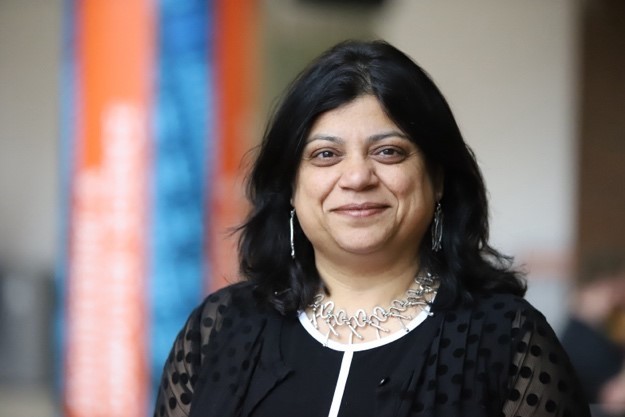Biomedical and Chemical Engineering Seminar

Treating Alzheimer’s Disease: Bridging scales from Angstroms to Micron
Dr. Shikha Nangia
Professor and Interim Department Chair, Biomedical and Chemical Engineering
Syracuse University
Finding pathways across biological barriers for delivering life-saving drugs is entering a new era with the rapid advancement of computational resources. My research group focuses on developing simulation methods to elucidate the interfacial phenomenon associated with biological barriers that play a role in life-threatening diseases such as Alzheimer’s, cancer, and chronic infections. Our goal is to influence this experimentally dominated research field by providing mechanistic, structural, and molecular insights into the barrier functions that were computationally unattainable before our work. In the past few years, we have made breakthroughs in understanding the molecular architecture of the blood-brain barrier and developed strategies to enhance the barrier’s permeability for treating neurodegenerative diseases. In my talk, I will elaborate on the computational methods we have developed to investigate the blood-brain barrier and provide a perspective on treating Alzheimer’s disease.
Bio:
Shikha Nangia, PhD, is a Professor and Interim Chair of the Department of Biomedical and Chemical Engineering at Syracuse University. Dr. Nangia received her PhD in Chemistry from the University of Minnesota, Twin Cities, in 2006 and completed her postdoctoral training at Pennsylvania State University. Dr. Nangia’s research uses computational approaches to overcome biological barriers and enhance drug delivery. Her research projects include exploring treatments for Alzheimer’s and Parkinson’s diseases, gut tight junctions, implantable device-related infections, and epigenetics. Her focus has been to examine the architecture of the blood-brain barrier to develop novel strategies to facilitate the transport of drug molecules into the brain. Dr Nangia’s research has received substantial funding to date. Dr Nangia has also received numerous honors and awards for her research (NSF CAREER, Scialog Fellow, ACS OpenEye Faculty Award, ACS WCC Rising Star Award) and teaching throughout her career. She was recognized with the Chancellor’s Award for her outstanding contribution to the student experience and university initiatives at Syracuse University. She is a director of the NIH-funded ESTEEMED program that prepares undergraduate students for a career as a Ph.D.-level biomedical researcher.
Contact
Event Snapshot
When and Where
Who
Open to the Public
Interpreter Requested?
No









